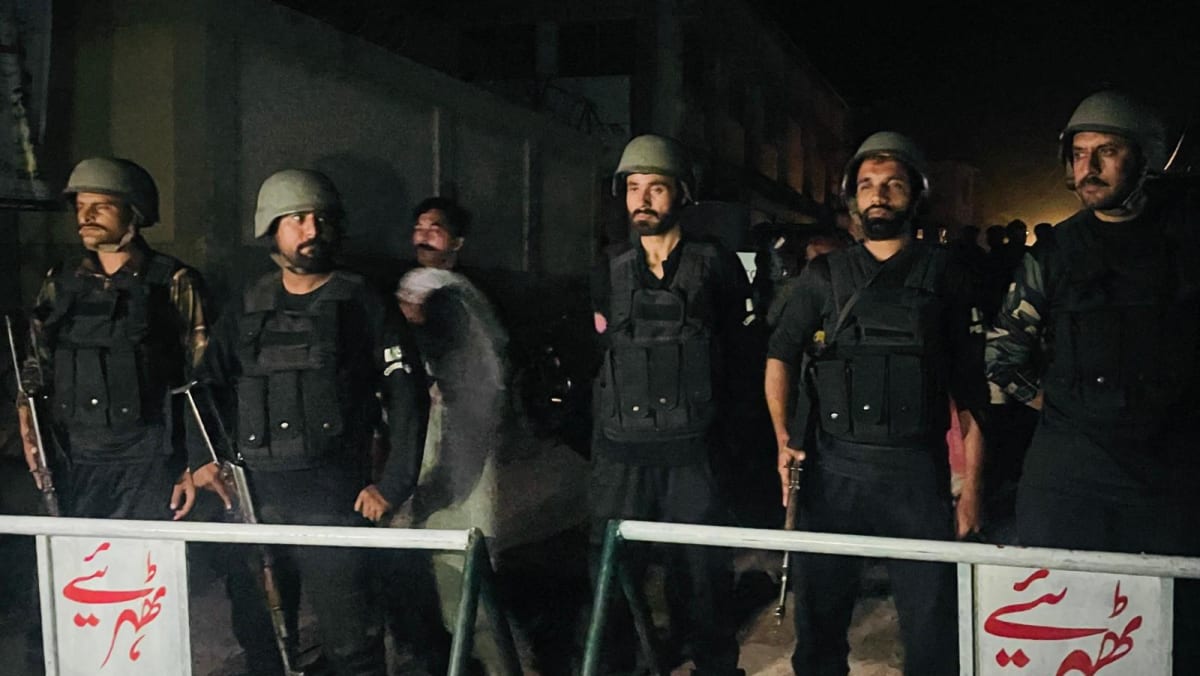MAXIMUM RESTRAINT
Wednesday’s strikes are a dangerous heightening of friction between the South Asian neighbours, who have fought multiple wars since they gained independence from the British in 1947.
For days, the international community has piled pressure on Pakistan and India to step back from the brink of war.
“The world cannot afford a military confrontation between India and Pakistan,” the spokesman for UN chief Antonio Guterres, Stephane Dujarric, said in a statement, adding that Guterres called for “maximum restraint.”
Asked about the strikes, US President Donald Trump told reporters in Washington he hopes the fighting “ends very quickly”.
India’s embassy in Washington said New Delhi’s National Security Advisor Ajit Doval had briefed US Secretary of State Marco Rubio after the strikes.
Rubio also spoke with Pakistan’s national security advisor, Lt. General Asim Malik, a senior Pakistani military official told AFP.
“I am monitoring the situation between India and Pakistan closely,” Rubio said on X, adding that he will “continue to engage both Indian and Pakistani leadership towards a peaceful resolution”.
“ACT OF WAR”
India’s army said it had “demonstrated considerable restraint in selection of targets and method of execution”, adding that “no Pakistani military facilities have been targeted”.
Pakistani Prime Minister Shehbaz Sharif, calling the Indian attack “unprovoked” and “cowardly”, said the “heinous act of aggression will not go unpunished.”
Indian fighter jets could be heard flying over Srinagar, the capital of Indian-administered Kashmir.
Loud explosions could also be heard in the town of Poonch, only about 16km from the LoC.
Rebels in Indian-administered Kashmir have waged an insurgency since 1989, seeking independence or a merger with Pakistan.
India regularly blames its neighbour for backing armed groups fighting its forces in Kashmir, a charge that Islamabad denies.
Iranian Foreign Minister Abbas Araghchi is expected in New Delhi on Wednesday, two days after a visit to Islamabad, as Tehran seeks to mediate.
India was also set to hold several civil defence drills Wednesday, while schools in Pakistan’s Punjab were closed, local government officials said.
The strikes came just hours after Modi said that water flowing across India’s borders would be stopped. Pakistan had warned that tampering with the rivers that flow from India into its territory would be an “act of war”.
Modi did not mention Islamabad specifically, but his speech came after New Delhi suspended its part of the 65-year-old Indus Waters Treaty, which governs water critical to Pakistan for consumption and agriculture.
“India’s water used to go outside, now it will flow for India,” Modi said in a speech in New Delhi.
